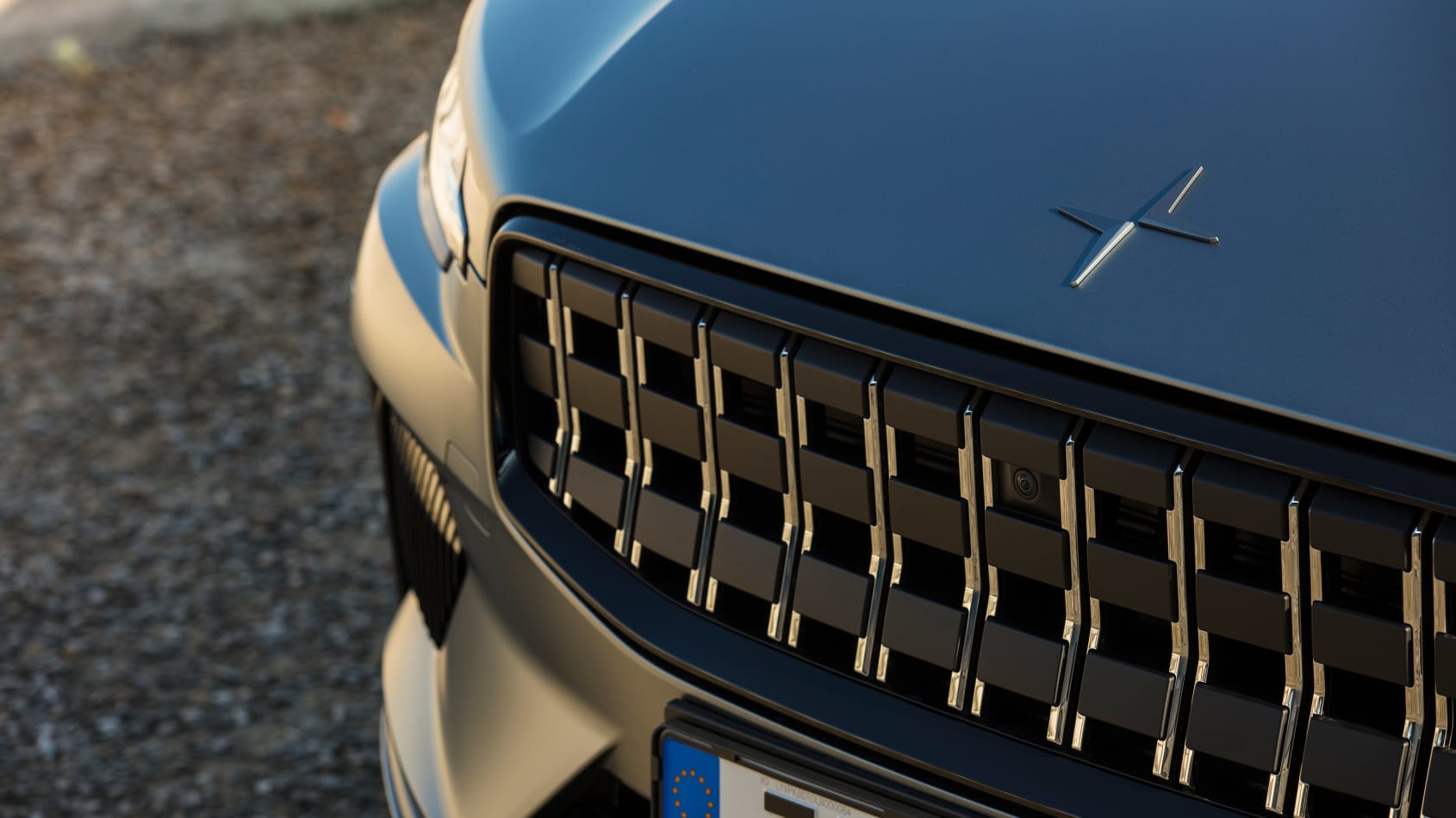 Electric car maker reveals whole-life CO2 emissions of the Polestar 2 are better than a petrol XC40 – but EV is only 14% cleaner with global energy mix
Electric car maker reveals whole-life CO2 emissions of the Polestar 2 are better than a petrol XC40 – but EV is only 14% cleaner with global energy mix
Polestar – the premium EV sibling of Volvo, itself owned by Chinese firm Geely – has revealed the true lifecycle carbon dioxide (CO2) emissions of its Polestar 2 electric car, and called out car makers over a “disturbing lack of transparency” relating to the environmental impact of different types of car.
The firm has also highlighted that “supply chain traceability is essential to avoid human rights violations and environmental damage from mineral mining”, alluding to concerns surrounding the supply of materials such as cobalt, which is often mined by children in unsafe conditions.
Whole life emissions
The lifecycle CO2 analysis shows that from the moment metals are mined and materials produced for the manufacture of a Polestar 2, to the end of its life and the recycling and disposal of its components, the electric car is responsible for generating 50 tonnes of CO2. That compares to 58 tonnes for a petrol-powered Volvo XC40 SUV – a cleanliness improvement of 14 per cent for electricity over petrol.
That 50-tonne figure for the Polestar 2 is based upon the global electricity mix, however, and falls to 42 tonnes when cleaner European electricity is used as the basis for calculations. If wind power alone is used to charge the Polestar 2’s batteries, it would be responsible for just 27 tonnes of CO2 over its lifecycle. Those figures mean in Europe a Polestar 2 is responsible for 27.6 per cent less CO2 than the XC40, and could be up to 53.4 per cent cleaner.
The drive for electric cars continues to ramp up day by day, with the UK Government previously saying it would ban the sale of new cars with a petrol or diesel engine by 2040, before moving the date forward to 2035 – if not sooner. Yet while EVs are undoubtedly cleaner than internal combustion engined (ICE) cars, they are by no means emission free. Particulates from tyre and brake wear, for example, can be harmful to human health, while the environmental benefits of electric cars shrink (thought do not disappear) in countries where coal is the main source of electricity.
How electric cars are made is also crucial to their environmental impact. Polestar highlights that the production of battery packs is responsible for “a relatively large carbon footprint”. As a result of this, the Polestar 2 is responsible for generating 26.2 tonnes of CO2 due to its materials and production, compared to 16.1 tonnes for a petrol XC40.
Significant CO2 improvements are to be found during the ‘use phase’ of the cars’ lives, however, with the XC40 responsible for 41 tonnes of CO2, and the Polestar 2 generating 23 tonnes based on global electricity generation, 15 tonnes based on the European energy mix, and just 0.2 tonnes if its batteries are charged only with wind power (wind turbines requiring energy to manufacture, install and maintain).
Impact of electricity sources
Electricity sources also have a big role to play in the ‘break even point’ for emissions – the point at which electric cars, and their more polluting manufacturing processes, become cleaner than petrol cars. Based on worldwide electricity production, a Polestar 2 would have to be driven 112,000 km before it becomes cleaner than a petrol XC40. In Europe that figure is 78,000 km, while if wind power alone generates all its electricity, a Polestar 2 would only have to be driven 50,000 km, according to the analysis.
While Polestar’s report focuses on lifecycle CO2 emissions, the car maker said that “promoting supply chain traceability is essential to avoid human rights violations and environmental damage from mineral mining.” Late last year, Polestar said it would use blockchain technology to create a traceable, digital ledger relating to cobalt production, in response to concerns over how the material is mined and refined.
Announcing the publication of the report, Polestar’s chief executive officer, Thomas Ingenlath, said: “Car manufacturers have not been clear in the past with consumers on the environmental impact of their products,…That’s not good enough. We need to be honest, even if it makes for uncomfortable reading.”
The company boss added: “The message is clear…Electric vehicles offer a route to climate neutrality and we will use the insights from this report to reach that goal.”
Hugo Griffiths




 Electric car maker reveals whole-life CO2 emissions of the Polestar 2 are better than a petrol XC40 – but EV is only 14% cleaner with global energy mix
Electric car maker reveals whole-life CO2 emissions of the Polestar 2 are better than a petrol XC40 – but EV is only 14% cleaner with global energy mix